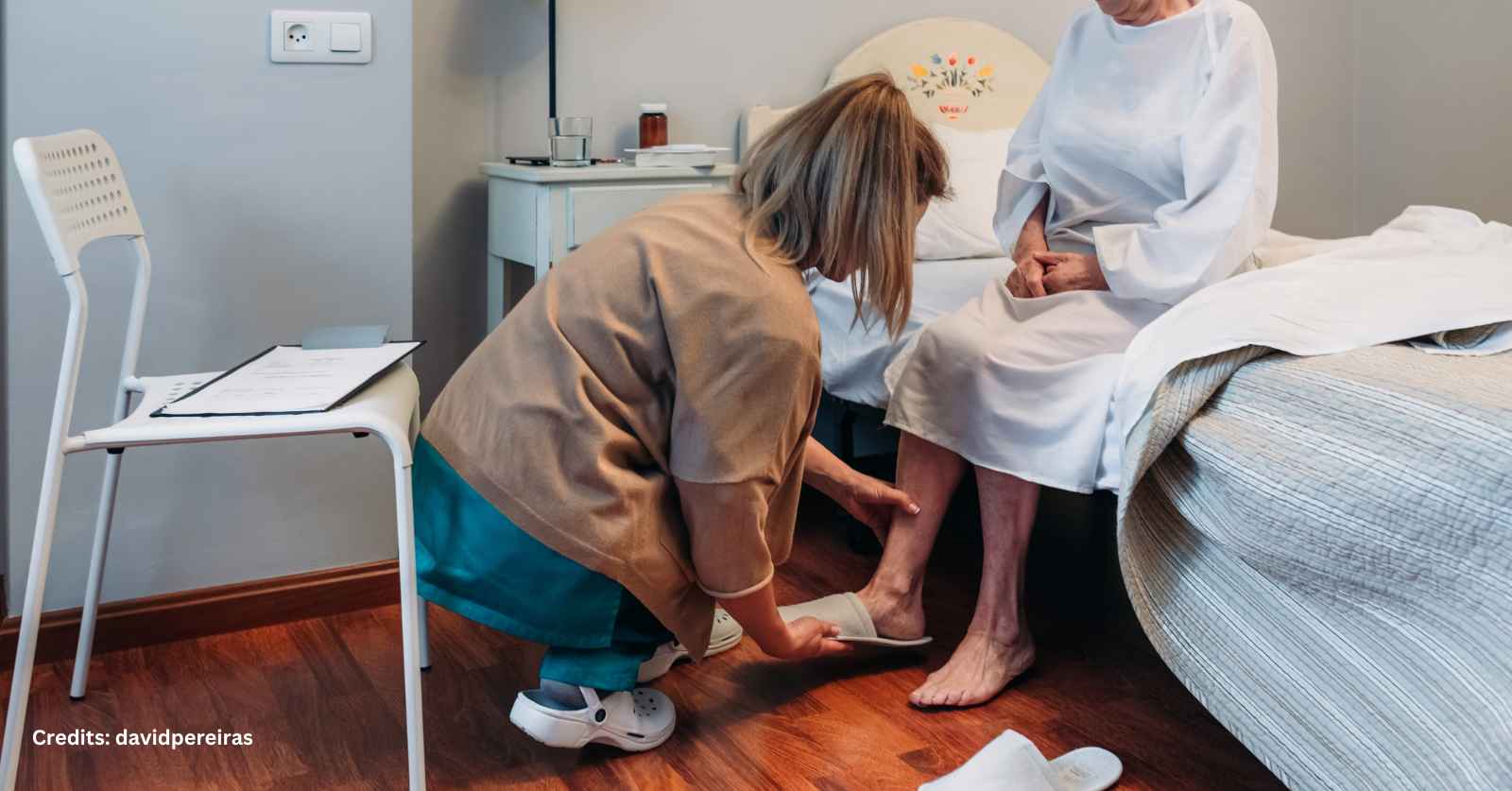Feeling lonely isn’t just a matter of the heart—it can also take a serious toll on physical health as people age, a new research reveals.
Epidemiologist Emiel Hoogendijk led the analysis of over 130 studies, discovering that loneliness contributes to physical frailty, which in turn raises the risk of depression, falls and cognitive decline. The findings were published in The Lancet Healthy Longevity.
“Especially during the COVID-19 pandemic, there is more attention for the potential harmful effects of loneliness and social isolation on the health of older people. We wanted to see how far these effects went and saw that all kinds of reduced social functioning, such as loneliness, social isolation and lack of social support, were associated with physical decline in older adults,” explains Hoogendijk.
The research, spearheaded by clinical research fellow Peter Hanlon from the University of Glasgow, alongside teams from Amsterdam UMC, Canada, Australia and Sweden, examined the relationship between social interaction and physical frailty in seniors. Hanlon clarifies, “Frailty refers to a lot of different forms of physical deterioration, such as weight loss, reduced walking speed and decrease in muscle strength. These can all then have an effect on, for example, how likely you are to fall.”
Past studies have hinted that frailty can lead to decreased social connections. “In some cases, physical vulnerability can also trigger a loss of social ties or increased loneliness, perhaps due to reduced mobility,” notes Hoogendijk. Interestingly, this study suggests the reverse is also true: diminished social contact can contribute to frailty.
The impact of impaired social interaction on health is significant, with the US Surgeon General comparing loneliness to smoking 15 cigarettes a day last year. “We know that people with feelings of loneliness or with a lack of social contacts have a higher risk of, among others, depression and various chronic diseases. For example, a lack of social contact can have a direct effect on the immune system, but it can also have an indirect effect on health, for example through an unhealthier lifestyle,” adds Hoogendijk.
Both social and physical decline often occur concurrently in older adults. “Older people who are physically vulnerable often also have to deal with a decline in both social and mental functioning. As we are caring for older adults, we need to pay attention to all of these aspects,” emphasises Hanlon.
“Loneliness, for example, is not an easy problem to solve. However, there is more and more knowledge available about possible effective interventions, including activities that support older people to increase their social connections.”
Ritchelle is a Content Producer for Healthcare Channel, Australia’s premier resource of information for healthcare.




















Upcoming Events
6th Annual Aged Care Week
June 25, 2025
Subscribe
We send emails,
but we do not spam
Join our mailing list to be on the front lines of healthcare , get exclusive content, and promos.